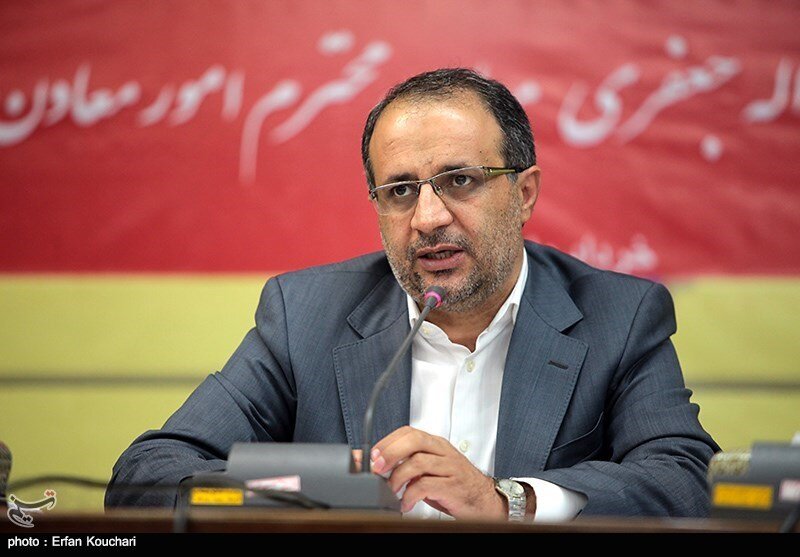Industry Ministry unveils production support package

TEHRAN – The Iranian Ministry of Industry, Mining and Trade has unveiled a production support package focused on sustaining industrial output, particularly for sectors affected by the recent war. Deputy Minister of Mining and Mineral Industries Vajiollah Jafari, said the package has been designed around two key pillars, with special assistance allocated to units damaged by the conflict, including access to foreign currency and financial resources.
Jafari said the ministry has held intensive meetings with private-sector industry associations to assess their conditions and formulate targeted measures. These sessions, he noted, are ongoing and include separate talks with groups such as the Lead and Zinc Industries Association, the Refractories Industry Association, and the Cement Employers’ Association.
The key topics raised in the consultations included securing stable electricity supplies, maintaining fuel safety for mining industries, addressing foreign currency concerns, expediting import order registrations, supporting domestic production, and boosting resilience in the face of potential crises.
He said the issue of passive defense—measures aimed at increasing deterrence, reducing vulnerability, and maintaining critical operations during emergencies—was also discussed, with the goal of ensuring that industrial production continues uninterrupted in the event of attacks or disruptions.
The ministry has coordinated with its infrastructure working group to incorporate these concerns into a finalized package that has now been approved and issued by the government. According to Jafari, the package includes two major components: the first targets war-damaged production units by providing access to foreign currency and reconstruction financing, while the second offers broader support to domestic industries through streamlined customs clearance, import procedures, and removal of production bottlenecks.
Although the initiative originated within the Industry Ministry —following a proposal by Seyed Mohammad Atabak—Jafari stressed that multiple government bodies played a key role in its approval. These included the ministries of economy, agriculture, justice, oil, and energy; the Central Bank of Iran; the Planning and Budget Organization; and the Vice Presidency for Science, Technology and Knowledge-Based Economy. Their cooperation will also be essential during the implementation and oversight phases.
Jafari emphasized the package's comprehensiveness, noting that it covers mining and mineral industries as well. Developed by the ministry's infrastructure task force, the package consists of five components: fiscal measures (taxation and social insurance), financial support (loans and bank debt), foreign currency (funding and export obligations), infrastructure (transport and energy), and trade (customs and import registration). Its primary focus is to support continuous production, remove potential barriers for manufacturers and service providers, and align industrial operations with broader foreign currency policies, especially under current economic constraints.
He added that the concerns voiced by various associations have been incorporated into the package, including provisions for prioritizing electricity, fuel, gas, and petroleum products for critical production units. The Ministry of Energy and the Ministry of Petroleum have been tasked with ensuring these supplies remain uninterrupted in support of national infrastructure stability.
EF/MA
